WHAT IS AN ADVANCE HEALTHCARE DIRECTIVE?
An advance healthcare directive (referred to sometimes as a Living Will and Healthcare Power of Attorney) facilitates the making of health care decisions by your agent if you are unable to make them yourself. Not having an advance health care directive leaves such decisions to your doctor and may result in uncertainty and family disharmony.
TWO-PART DOCUMENT
There are two parts to an advance healthcare directive document: first, name an agent and, second, provide end-of-life instructions. A person would not need an advance healthcare directive if she knew that she would always be able to communicate her own medical decisions. Unfortunately, none of us can be sure of that. We also cannot be sure of our ability to anticipate every possible end-of-life scenario, which means that even a well-drafted advance healthcare directive may not be enough. That’s why most people who engage in end-of-life planning also name an agent to make medical decisions for them anytime they cannot do that for themselves.
STATE-SPECIFIC LAW
Thanks to the U.S. Supreme Court and the Hawaii State Legislature, the law in this area is much clearer than it was several decades ago. Each State has it's own laws affecting estate planning. Each of us has a constitutional right to make our own healthcare decisions, which generally includes dying on our own terms. More specifically, healthcare professionals cannot administer life-sustaining medical treatment against the wishes of the patient or the patient’s agent. Life-sustaining medical treatment for this purpose can include not only artificial life-support made possible by hi-tech gadgets, but also nourishment and hydration.
CHOOSING AN AGENT
When selecting a healthcare agent, choose someone who is capable of exercising good judgment under stressful circumstances. End-of-life decision making, and the implementation of decisions previously made, can be emotionally difficult and are sometimes controversial within the dying person’s family. It is critically important to share your thoughts and beliefs about death and dying with your agent.
MAKING FUTURE DECISIONS
Some people also want to ensure that there will be a "Do Not Resuscitate" order in their medical records and treatment charts in the event of cardiac or respiratory arrest. Otherwise, medical professionals will automatically attempt resuscitation by any means possible, including chest compressions, electric shock, artificial breathing, and certain drugs.
An advance healthcare directive document has little value if it cannot be found when needed. It’s a good idea to sign multiple copies, and to give a set to your doctor, your designated agent, and perhaps others as well. Copies of the original signed advance healthcare directive works just as well as the original (unlike other estate planning documents).
Helpful forms and detailed explanations are readily available. Some of the best resources for the State of Hawaii are available at the website of the University of Hawaii Elder Law Program.
ONE PART OF AN ESTATE PLAN
An advance healthcare directive is one of the basic documents that make up a comprehensive estate The basic estate planning documents generally consist of the following: a will, disposition of remains, revocable living trust (if needed), durable power of attorney, advance health care directive, and HIPAA Release Form.
JOHN ROTH
John is the founder of Hawaii Trust & Estate Counsel, a statewide Hawaii estate planning law firm with offices in Waimea, Hilo, Kona, and Honolulu. He has taught Estate Planning at the Richardson School of Law, and business law courses at the University of Hawaii—Hilo. He has resided in North Hawaii since 2008....MORE
MAKE AN INFORMED DECISION
Estate Planning is necessary because, as the old expression goes, "You can't take it with you" and you never know what's going to happen in life. The estate planning documents of an advance health-care directive, power of attorney, and sometimes a trust help someone step into your shoes to make decisions on your behalf, during your lifetime. Then after your lifetime, you may need a will or will substitute, such as a revocable living trust, if they want to control who inherits their property and how and when that inheritance is received, to minimize administration costs, and to avoid unnecessary taxes. A well-planned estate is a gift to your loved ones and provides you peace of mind. It is part of your legacy.
Everyone has a different story and should have a unique estate plan. In most cases, the first meeting with one of our attorneys is complementary and serves the purpose of understanding your goals and educating you on your options. Depending on the option that is right for you, we will give you a price quote at the first meeting, before moving forward with your plan. Feel free to explore the basic information on our website.
This blog does not contain legal advice. You should not rely on this to determine what is in your own best interest. For legal advice, specific to your situation, you must meet with an attorney. All posts are based on hypothetical scenarios, not the actual circumstances of real clients.





What assets should you put in your trust? Avoiding probate, planning in case of incapacity, and making things as easier for loved ones after your death are all things to consider.